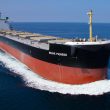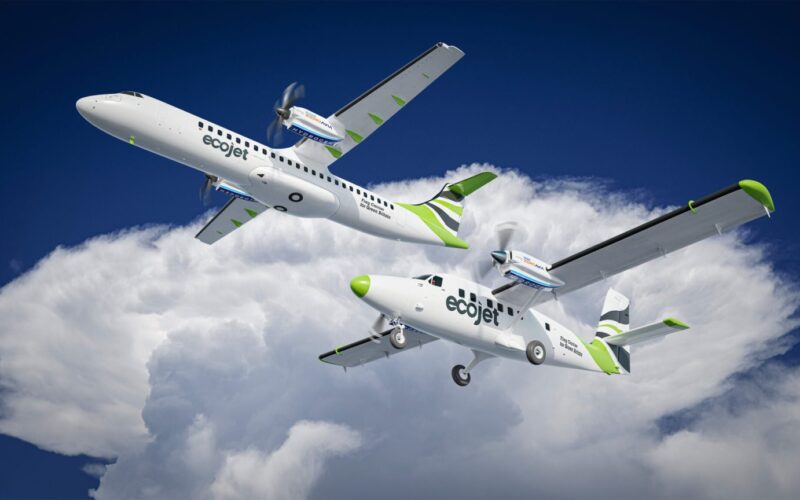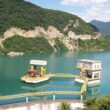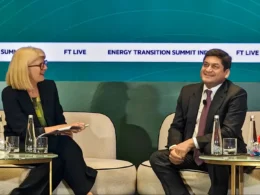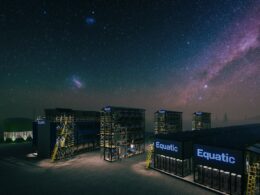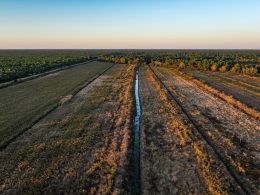Ecojet, the world’s first electric commercial airline, has signed a deal to purchase 22 ZA2000 hydrogen-electric engines from ZeroAvia, with an option for 40 more. This order brings the aviation industry closer to carbon-free flights. The ZA2000 engines, which can be retrofitted into 40-80 seat regional turboprops, will support zero-emission flights.
This agreement builds on Ecojet’s commitment announced in November 2023 and includes a deposit schedule to secure early production slots for the ZA2000 engines once they are certified. Based in Edinburgh, Ecojet aims to become the first fully electric commercial airline, planning to launch conventional aircraft in late 2024 and retrofit them with zero-emission technology as it becomes available.
Initially, Ecojet will operate zero-emission aircraft using ZeroAvia’s ZA600 engines for up to 20-seat planes, with a future goal of developing a fleet of larger regional aircraft for domestic and short international routes. The hydrogen-electric engines generate electricity from hydrogen to power propellers, enabling zero-emission flights.
Dale Vince, Founder, EcoJet, said, “This (agreement) is nothing short of a revolution in aviation, the world has just moved a step closer towards a solution to sustainable air travel.”
ZeroAvia has extensively tested a prototype of its ZA600 engine on a Dornier 228 aircraft at its UK facility. The company has also conducted advanced ground tests in both the US and UK for critical technologies within the ZA2000 system, including cryogenic tanks for liquid hydrogen (LH2), proprietary high-temperature PEM fuel cells, and electric propulsion systems. The ZA2000 engine is designed to power up to 80-seat regional turboprop aircraft, such as the ATR72 and Dash 8 400.
Val Miftakhov, Founder and CEO, ZeroAvia said, “We really love what the team are doing at Ecojet. Hydrogen-electric aviation can be a big part of that journey, opening up low-cost, efficient and safe true zero-emission transport between UK destinations like never before.”














